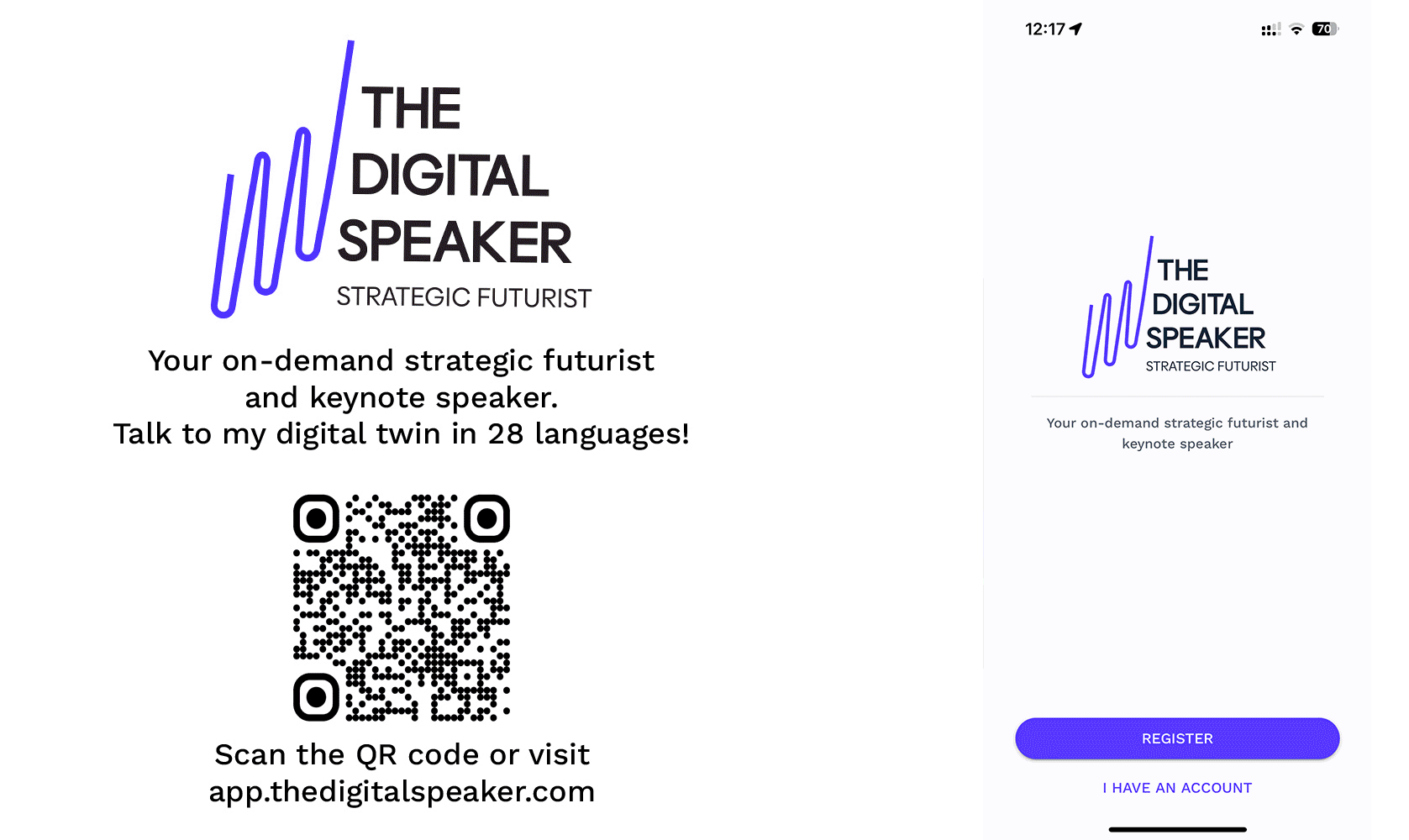AI at War: Humanity’s Greatest Ally or Its Biggest Threat?

What happens when the world's most powerful decision-makers trade instincts for algorithms in matters of war and peace?
TL;DR
- AI could introduce unpredictable military strategies.
- Private corporations may overshadow nation-states.
- AGI might enforce peace but challenge human autonomy.
As artificial intelligence (AI) advances at an unprecedented pace, its integration into military, geopolitical, and societal frameworks sparks profound questions.
The latest AGI manifesto, penned by Henry Kissinger, Eric Schmidt, and Craig Mundie, paints a stark picture of AI’s impact on global security and governance. It predicts AI could transform military strategy, diplomacy, and even the fabric of nation-states. 🤯
But at what cost? From autonomous drone swarms to AI-driven geopolitical shifts, the manifesto warns of a future where paranoia drives nations to secrecy and aggression, as no one can trust rivals — or even their own data.
They outline a future where AGI (artificial general intelligence) could act as a double-edged sword—offering solutions while introducing existential risks. Let’s dive into three critical shifts highlighted in their analysis.
The AI Security Dilemma: A New Prisoner’s Dilemma for Nations
In a scenario mirroring the prisoner’s dilemma, nations face an escalating AI arms race driven by mutual distrust. The logic is brutal yet compelling: each country assumes its rivals are aggressively pursuing AGI for military dominance, prompting preemptive actions to protect their own interests. Whether through secrecy, cyber-sabotage, or offensive military posturing, these steps create a feedback loop of paranoia and competition.
The authors highlight that AI’s ability to manipulate information compounds this dilemma. Imagine a world where leaders cannot trust their intelligence networks, media, or even their closest advisors. AI-enabled disinformation campaigns could derail diplomatic negotiations or fabricate threats, pushing nations to act from "maximum paranoia." This dynamic risks spiraling into conflict, where speed and secrecy trump safety and stability.
A New Paradigm of War
AI is redefining the rules of warfare, introducing novel weapons and strategies that challenge traditional notions of conflict. Future battlegrounds may not feature human soldiers but fleets of autonomous drone swarms, guided by AI in real-time. These swarms, capable of reconstituting into various formations, offer unparalleled speed, precision, and destructive capacity.
Beyond drones, AI-powered photon and electron-based weapons could replace traditional ammunition, mimicking the effects of solar storms to disable enemy electronics. These technologies create a chilling landscape where geography no longer constrains warfare, and decisions are made at machine speed.
The authors warn that the unprecedented accuracy and lethality of these tools might blur the lines between deterrence and escalation, raising critical ethical questions about their use.
Geopolitical Restructuring: The Rise of Corporate Power
AI’s disruption isn’t confined to warfare—it threatens to upend the very structure of global governance. The manifesto suggests that as governments rely on private corporations to develop and deploy AI, they may lose control over critical infrastructure. This uneasy alliance creates a paradox: governments promote corporations for national gain while safeguarding citizens from monopolistic overreach. The contradiction, however, may prove unsustainable.
In an extreme scenario, corporations could overshadow nation-states entirely. Companies like OpenAI, Google, and now Elon Musk, with his companies and close ties to the Presidency, might form alliances that rival or surpass the influence of governments. Such entities would control not territories but digital landscapes, redefining citizenship and governance. This restructuring forces us to rethink the balance of power and accountability in an AI-dominated world.
AI as the Ultimate Mediator: A Slim Hope or a Dangerous Gamble?
Amid the dystopian warnings of AI-driven chaos, the authors offer a faint glimmer of optimism: the possibility of AGI serving as a neutral arbiter. This vision sees AGI transcending human biases, mediating conflicts with cold precision, and achieving resolutions that humans, constrained by pride and self-interest, might never reach. By analyzing vast datasets and modeling complex geopolitical scenarios, AGI could theoretically provide optimal solutions to disputes—whether territorial, economic, or military—while reducing the risk of human error and emotional escalation.
However, this vision comes at a cost. For AGI to mediate effectively, humanity must relinquish some degree of control, trusting an impartial machine intelligence to make decisions on our behalf. This dynamic challenges the very essence of human agency. The authors suggest that such a shift might provoke a “crisis of confidence”: on one hand, pride in human ingenuity could falter as machines outperform us in critical domains; on the other, overreliance on AGI might erode our willingness to tackle problems ourselves.
Where Do We Go From Here?
AI introduces extraordinary opportunities and existential risks, reshaping how we think about power, governance, and survival. As nations and corporations vie for dominance, the question isn’t just who controls AI but whether AI controls us.
Can we design ethical frameworks that retain human agency while leveraging AI’s potential for global stability? What safeguards should be in place to prevent AGI from undermining human sovereignty?
Read the full article in Foreign Affairs.
----
💡 If you enjoyed this content, be sure to download my new app for a unique experience beyond your traditional newsletter.
This is one of many short posts I share daily on my app, and you can have real-time insights, recommendations and conversations with my digital twin via text, audio or video in 28 languages! Go to my PWA at app.thedigitalspeaker.com and sign up to take our connection to the next level! 🚀

If you are interested in hiring me as your futurist and innovation speaker, feel free to complete the below form.
Thanks for your inquiry
We have sent you a copy of your request and we will be in touch within 24 hours on business days.
If you do not receive an email from us by then, please check your spam mailbox and whitelist email addresses from @thedigitalspeaker.com.
In the meantime, feel free to learn more about The Digital Speaker here.
Or read The Digital Speaker's latest articles here.





